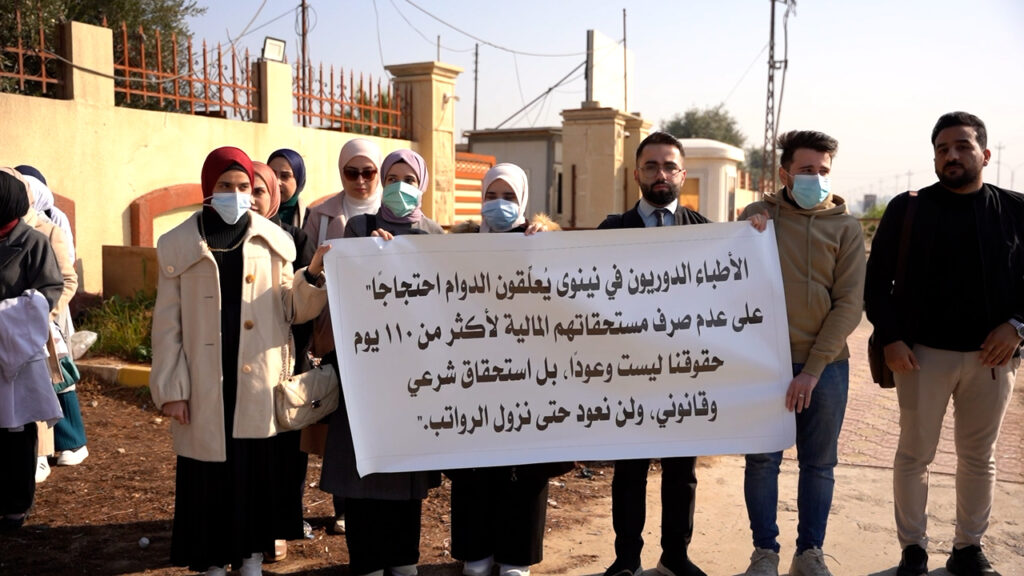Turkish central bank adjusts reserve requirements to boost lira

The central bank said it lowered a foreign exchange maintenance facility within its so-called reserve options mechanism (ROM) to 30 percent from 40 percent to support financial stability.
The forex maintenance facility within the ROM will provide $2.8 billion of forex liquidity to the market, while 7.2 billion lira will be withdrawn, the bank said.
The move came hours after the bank said it had suspended one-week repo auctions for a period of time, a move that will gradually raise the average cost of funding from the bank's benchmark one-week repo rate of 24 percent to the overnight lending rate of 25.5 percent.
The central bank also hiked its forex reserve requirement ratios by 100 basis points, a move it said will withdraw $3 billion of forex liquidity from the market.
The central bank's moves had a minimal impact on the lira , which had declined some 1 percent earlier in the day to 6.2460 against the dollar, its weakest level since Sept. 24.
The currency stood at 6.2400 against the dollar at 1435 GMT, down from Wednesday's close of 6.1790. It has lost some 15 percent of its value against the dollar this year.
The moves are some of the bank's secondary tools to stabilise the currency by tightening policy and encouraging the conversion of forex deposits to lira.
Jason Tuvey, senior emerging markets economist at Capital Economics, said the moves had not provided permanent support for the lira because investors believed they showed that President Tayyip Erdogan is still influencing monetary policy.
"The central bank's moves suggest it is under political pressure to not hike interest rates so it has to go through the backdoor in order to avoid the wrath of President Erdogan," he said.
The lira lost nearly 30 percent of its value last year on concerns over the independence of the central bank as well as strained ties with Washington.
Erdogan, a self-described "enemy" of interest rates, has in the past called on the central bank to lower rates to spur economic growth.
ELECTIONS
Turkey's High Election Board (YSK) on Monday accepted a request by Erdogan's AK Party to re-run Istanbul's mayoral election, which was narrowly won by the opposition, due to "irregularities".
Investors fear the decision to repeat the election on June 23 will add nearly two months of uncertainty over Turkey's plans to rebalance and stabilise the economy.
"Erdogan cannot really afford to lose again in Istanbul so he will do what is necessary to win the elections," said Guillaume Tresca, senior emerging markets strategist at Credit Agricole.
He added that the government is likely to favour credit growth and increase public spending to garner support.
The cost of insuring exposure to Turkey's sovereign debt rose on Thursday, with five-year credit default swaps jumping 11 basis points from Wednesday's close to 483 basis points, similar levels to just before the March 31 polls, according to IHS Markit.
Turkey's dollar bonds slumped across the curve, with the 2026 issue dropping 1.6 cents, Refinitiv data showed.
The yield on the 10-year benchmark bond rose to 21.35 percent in spot trade from 20.99 percent on Wednesday, while the two-year benchmark bond surged to 25.17 from 23.05.
The main BIST100 share index was down 1.77 percent, while the banking share index tumbled 2.22 percent.
RESERVES
The central bank's net international reserves fell to $25.84 billion in dollar terms as of May 3, data showed on Thursday, while the its gross forex reserves stood at $72.63 billion.
Local investors have also lost confidence after last year's crisis, which caused forex deposits and funds including precious metals of local individuals to rise steadily in the six months to April.
Forex holdings of local individuals and institutions fell to $179.18 billion as of May 3, down 0/7 percent from the previous week, data showed on Thursday.



